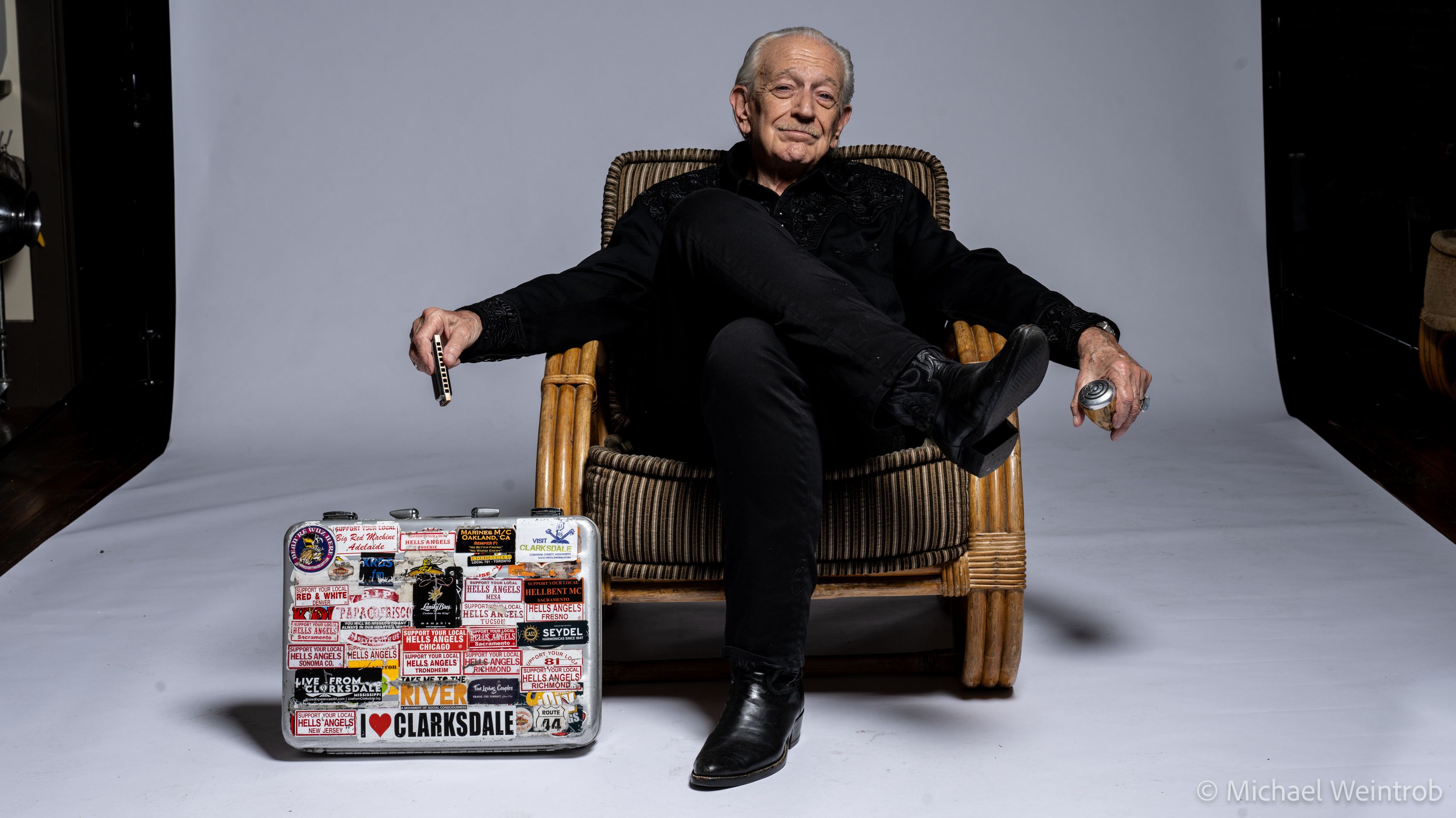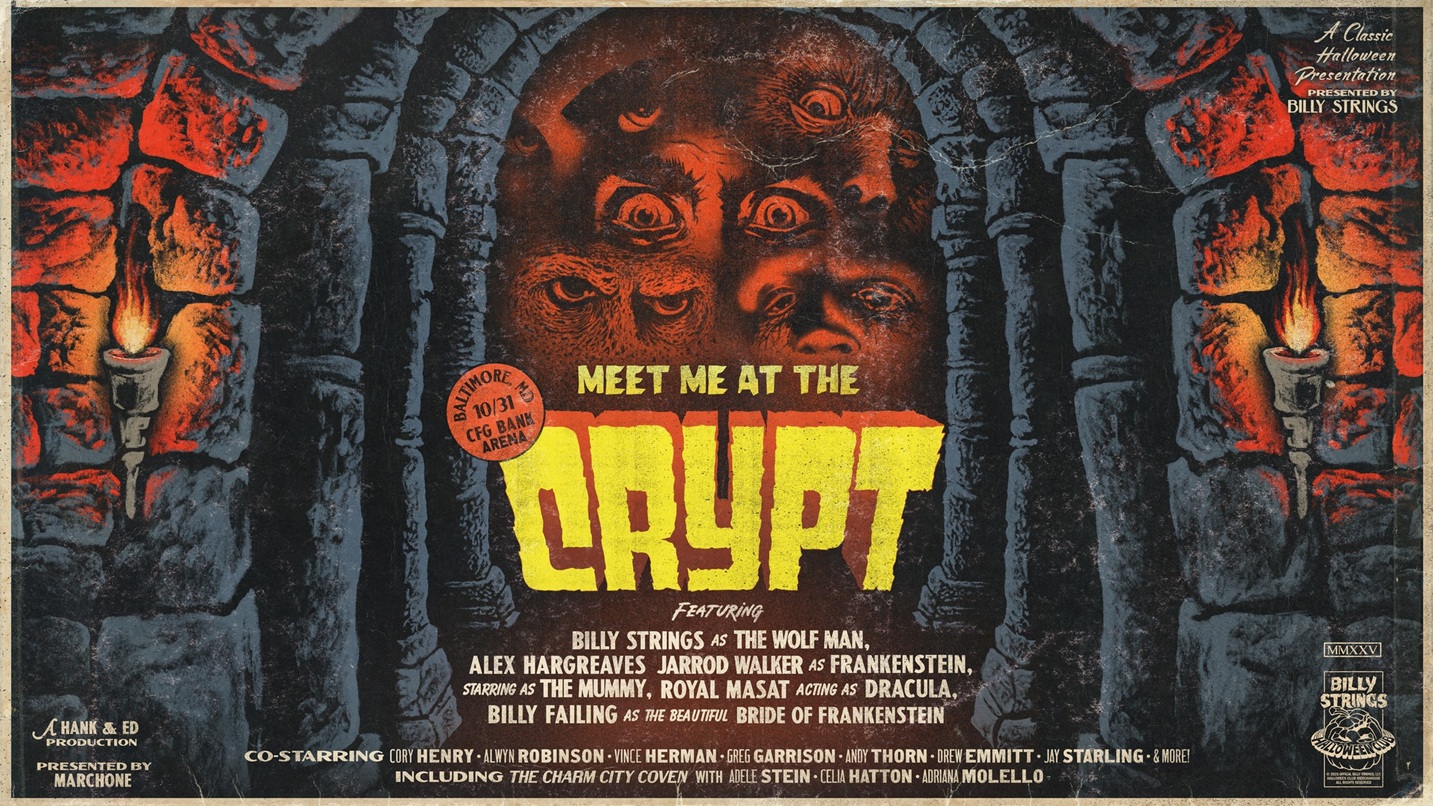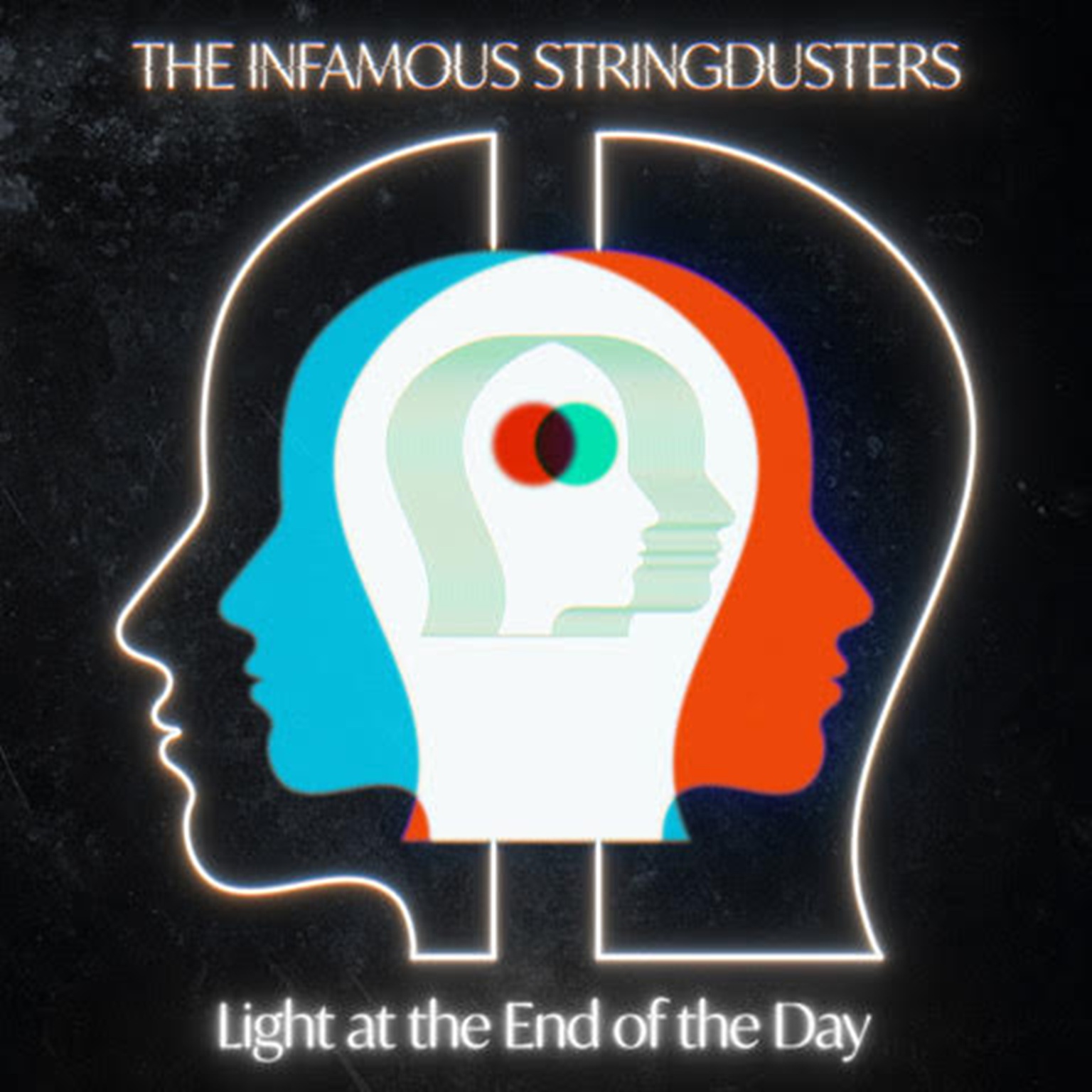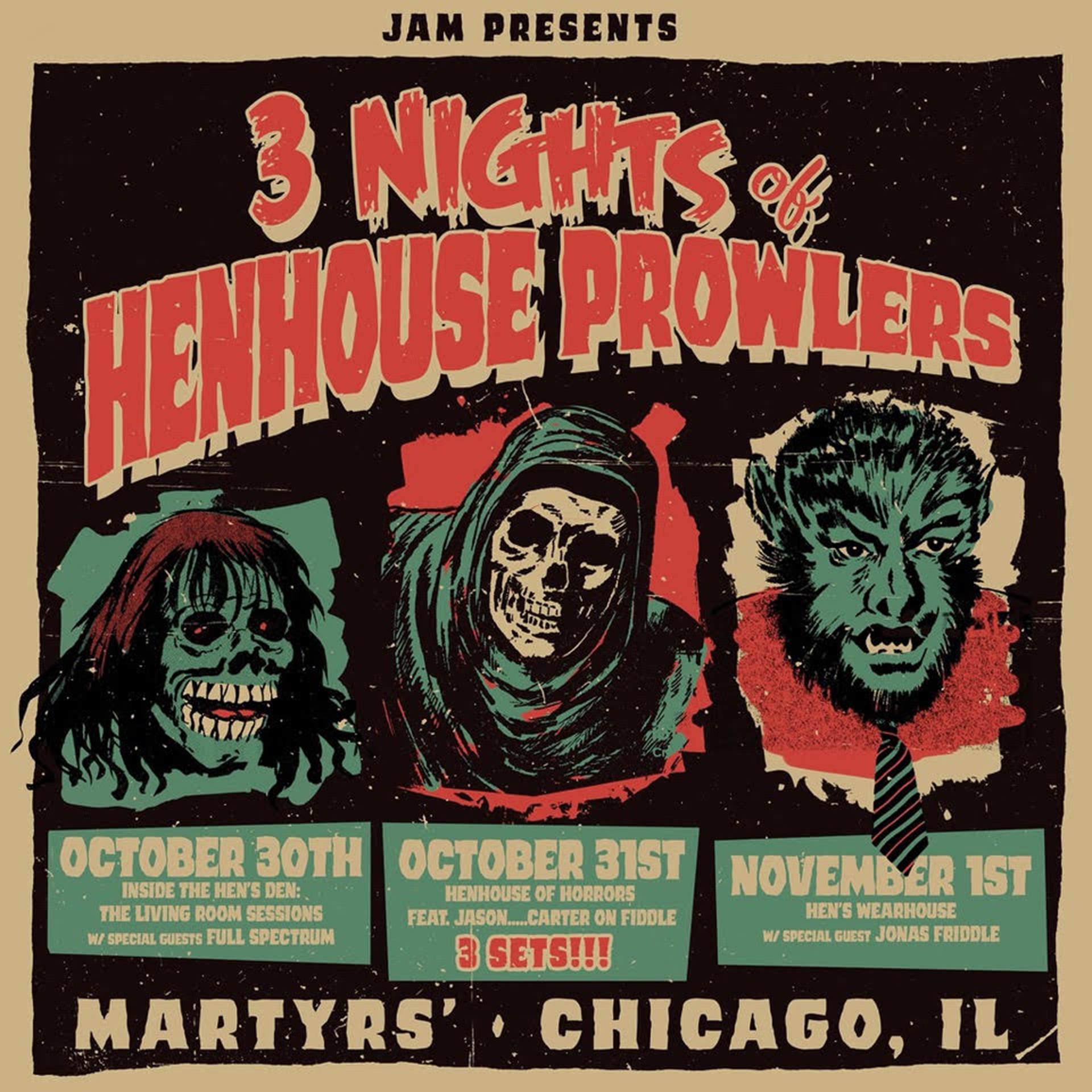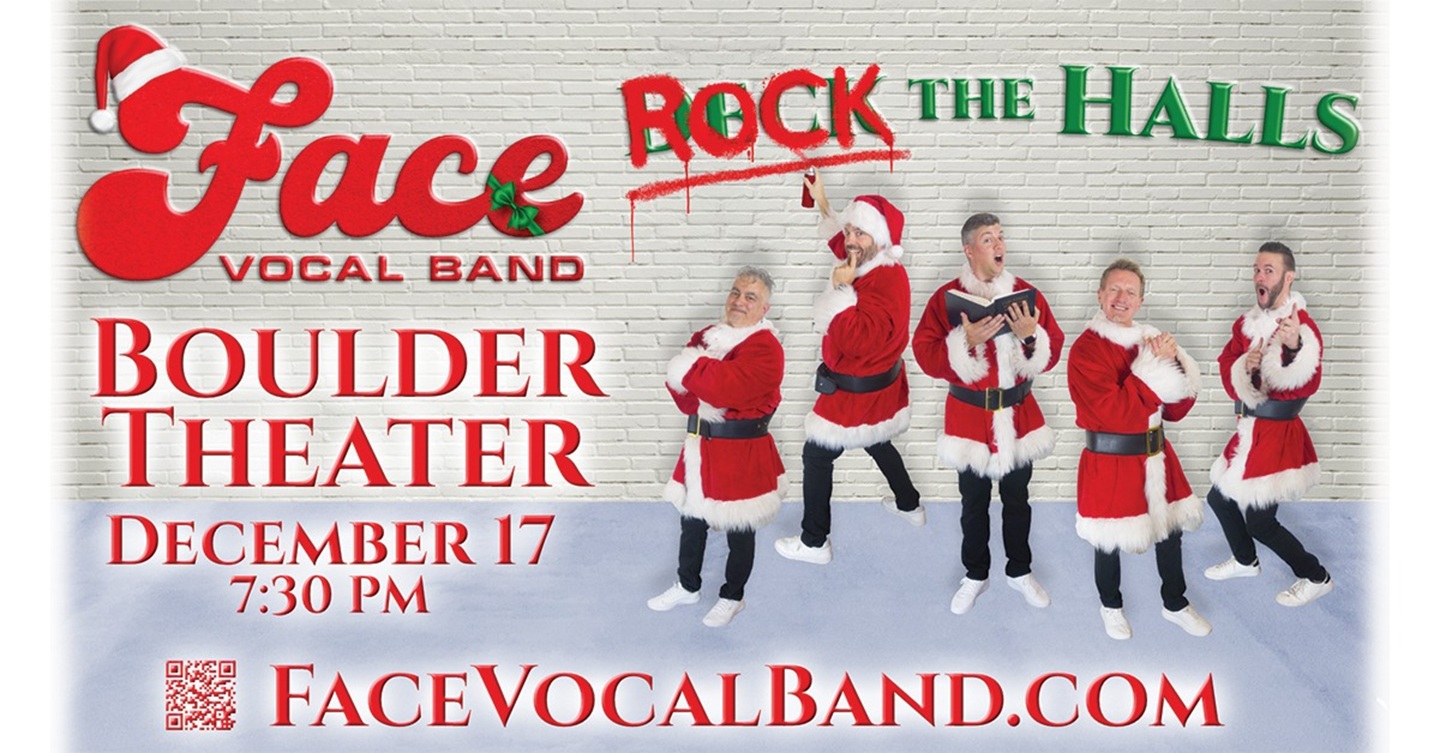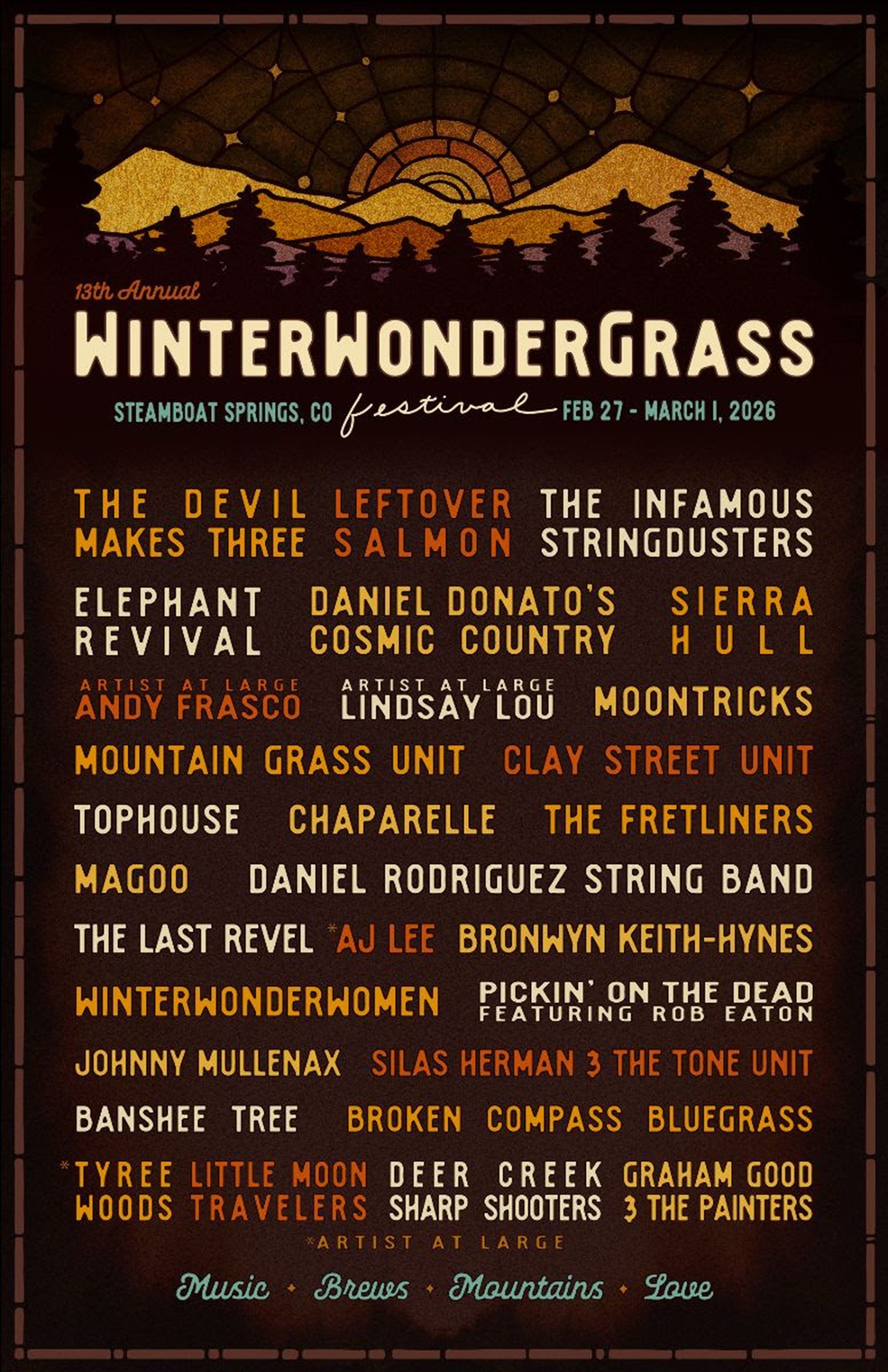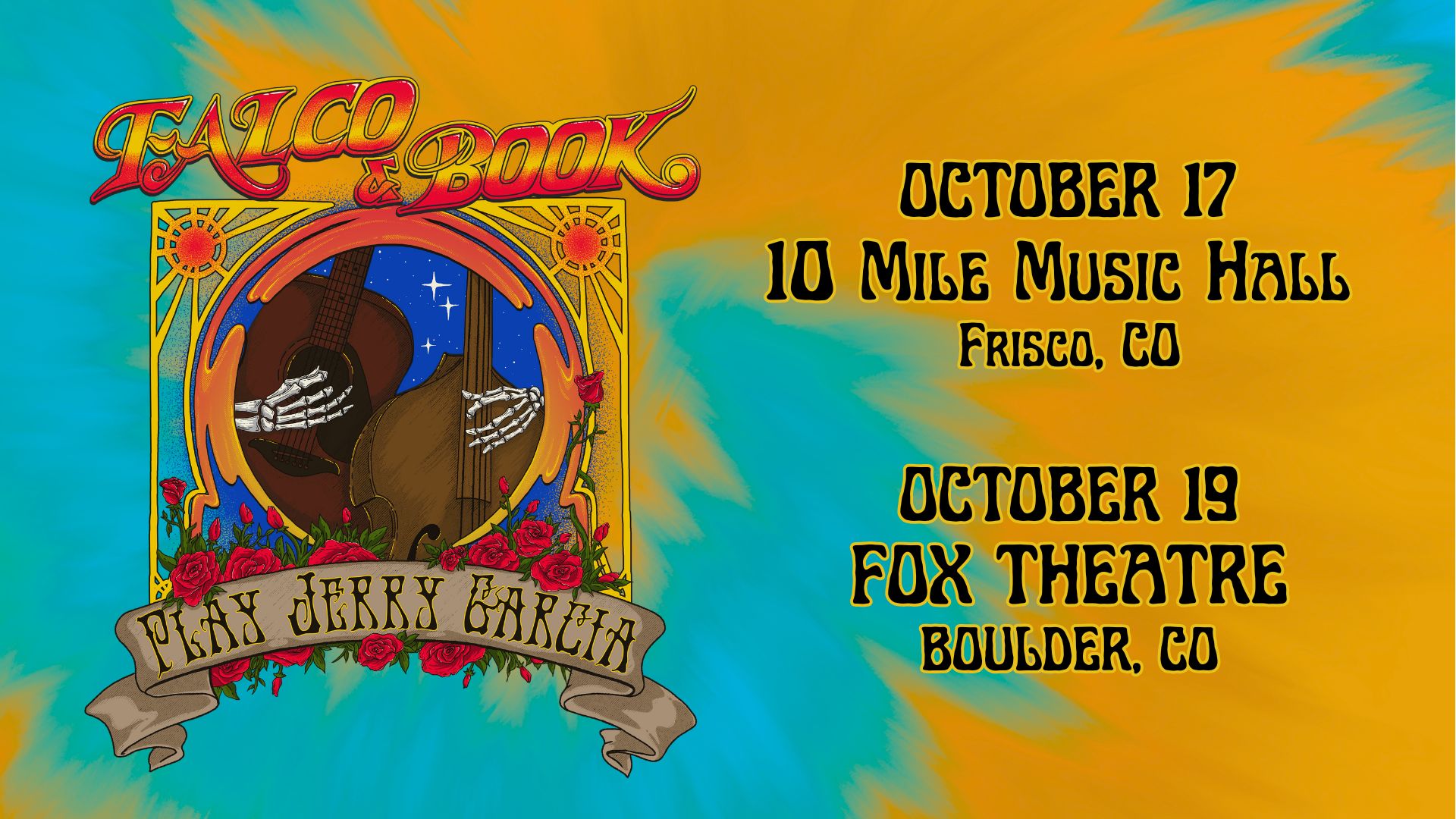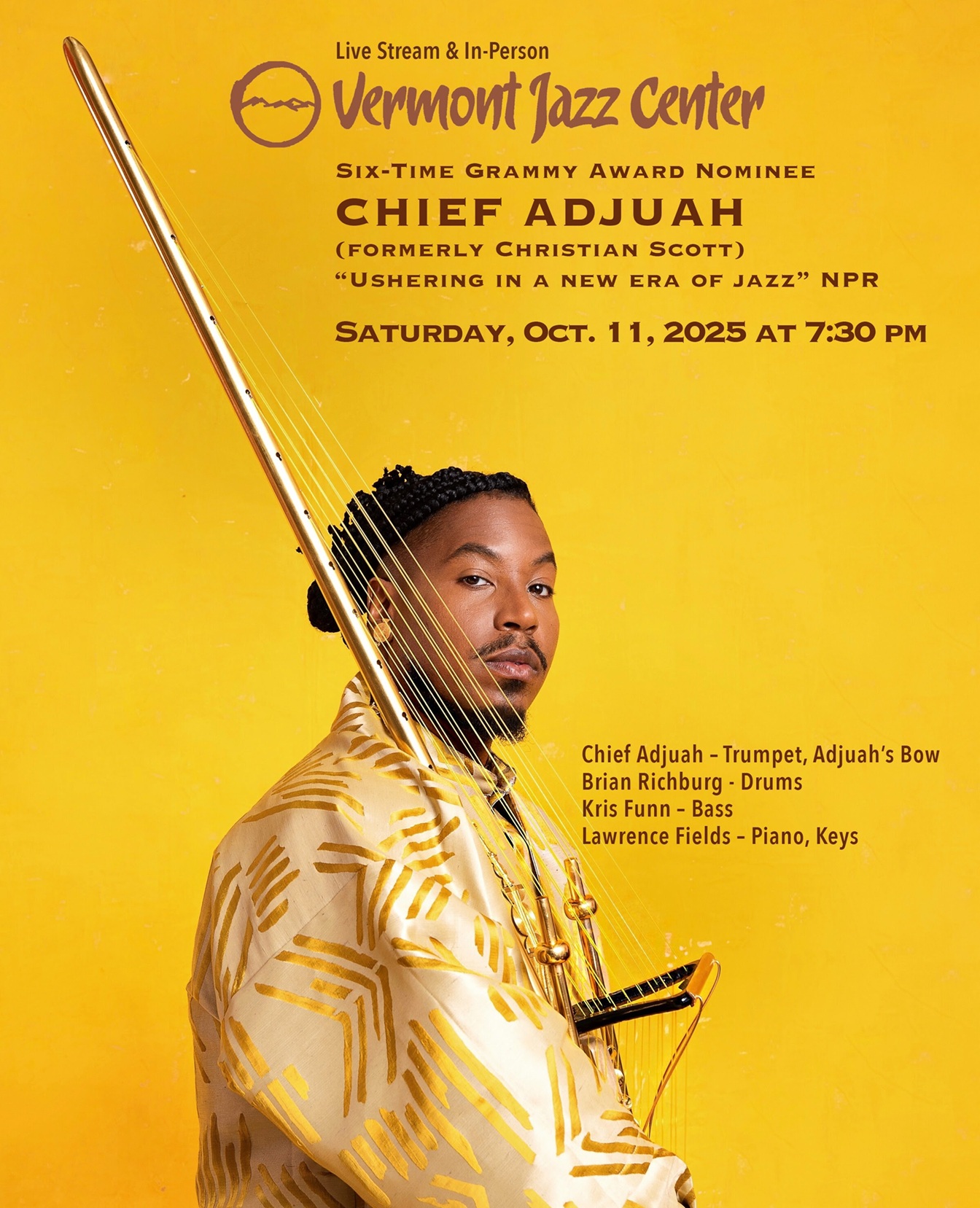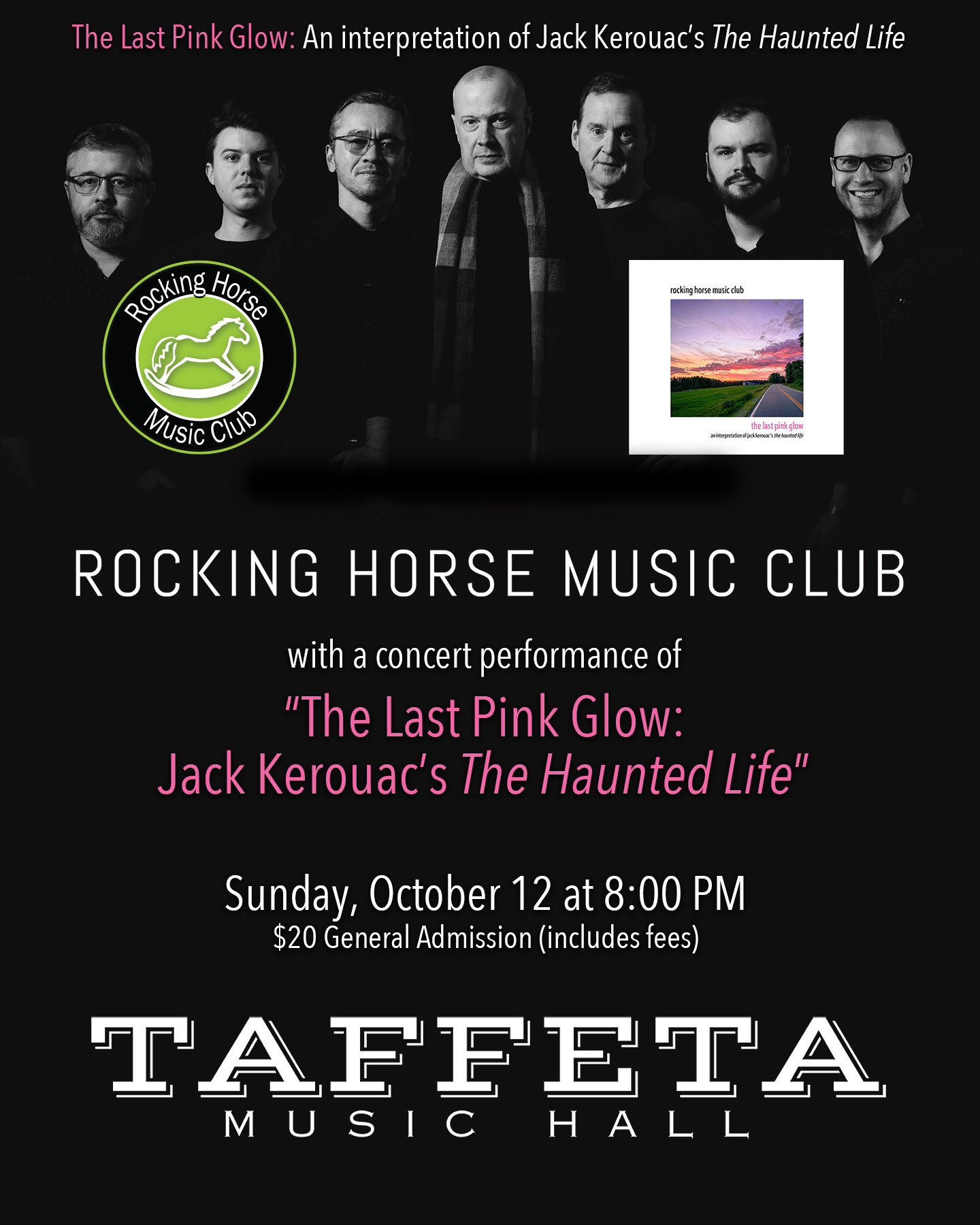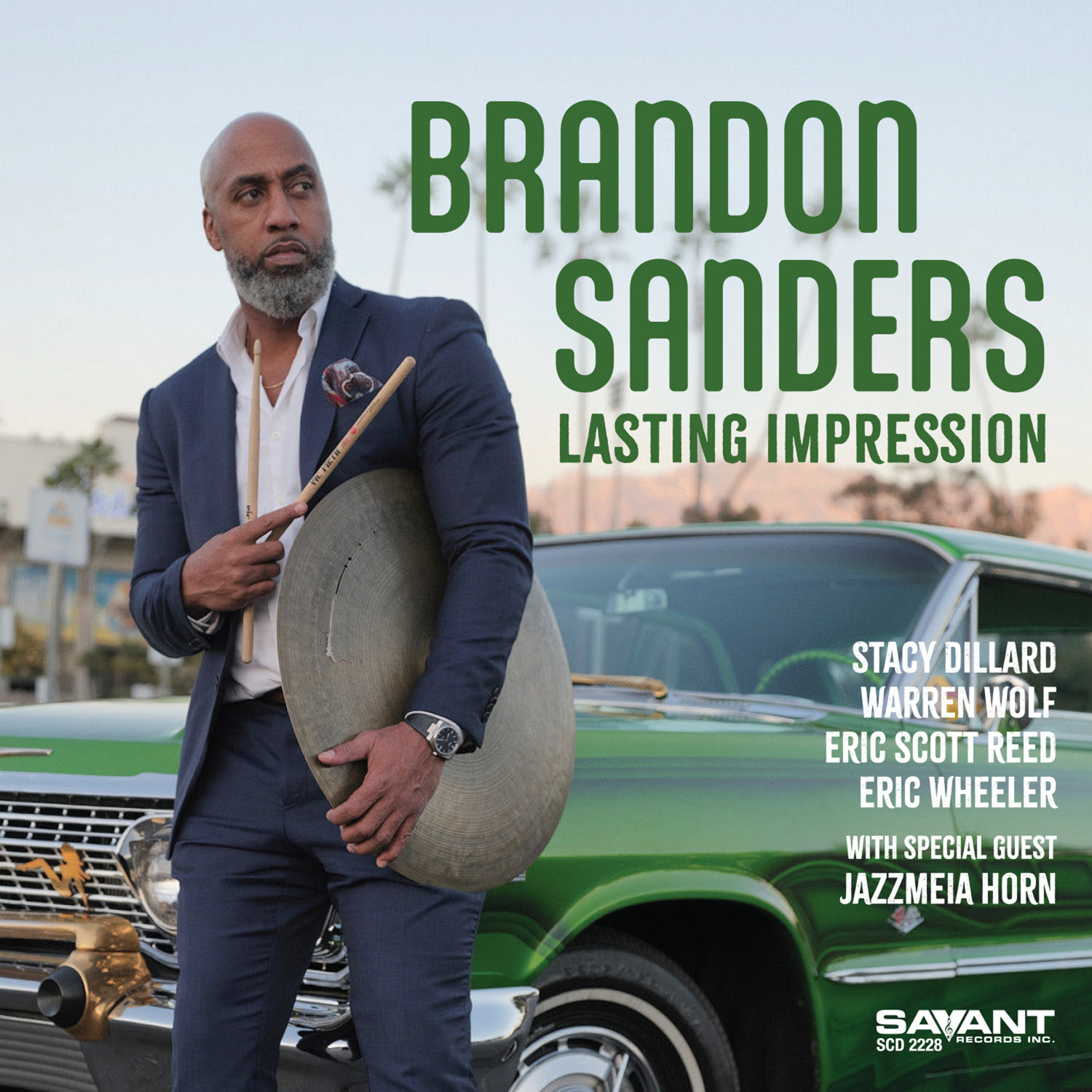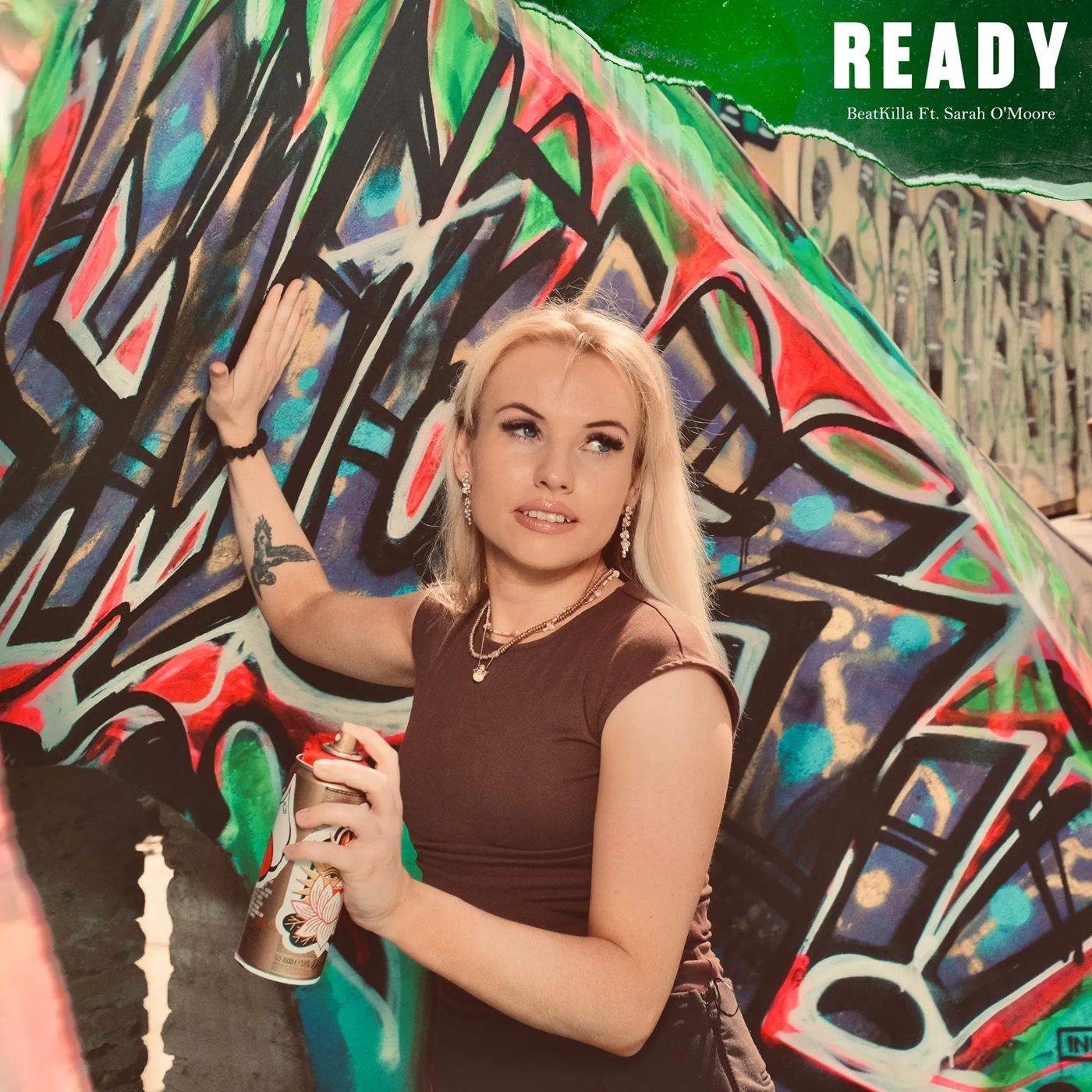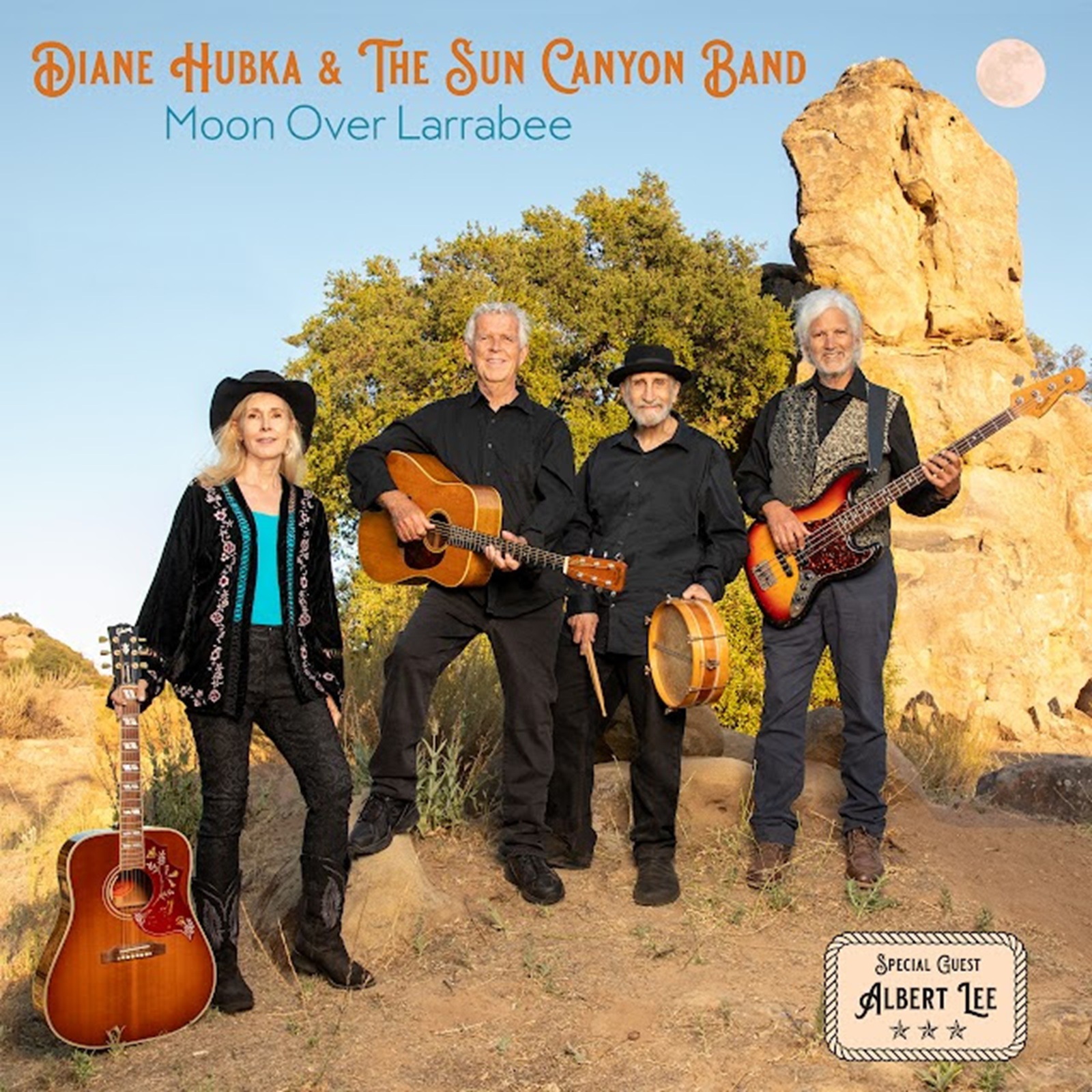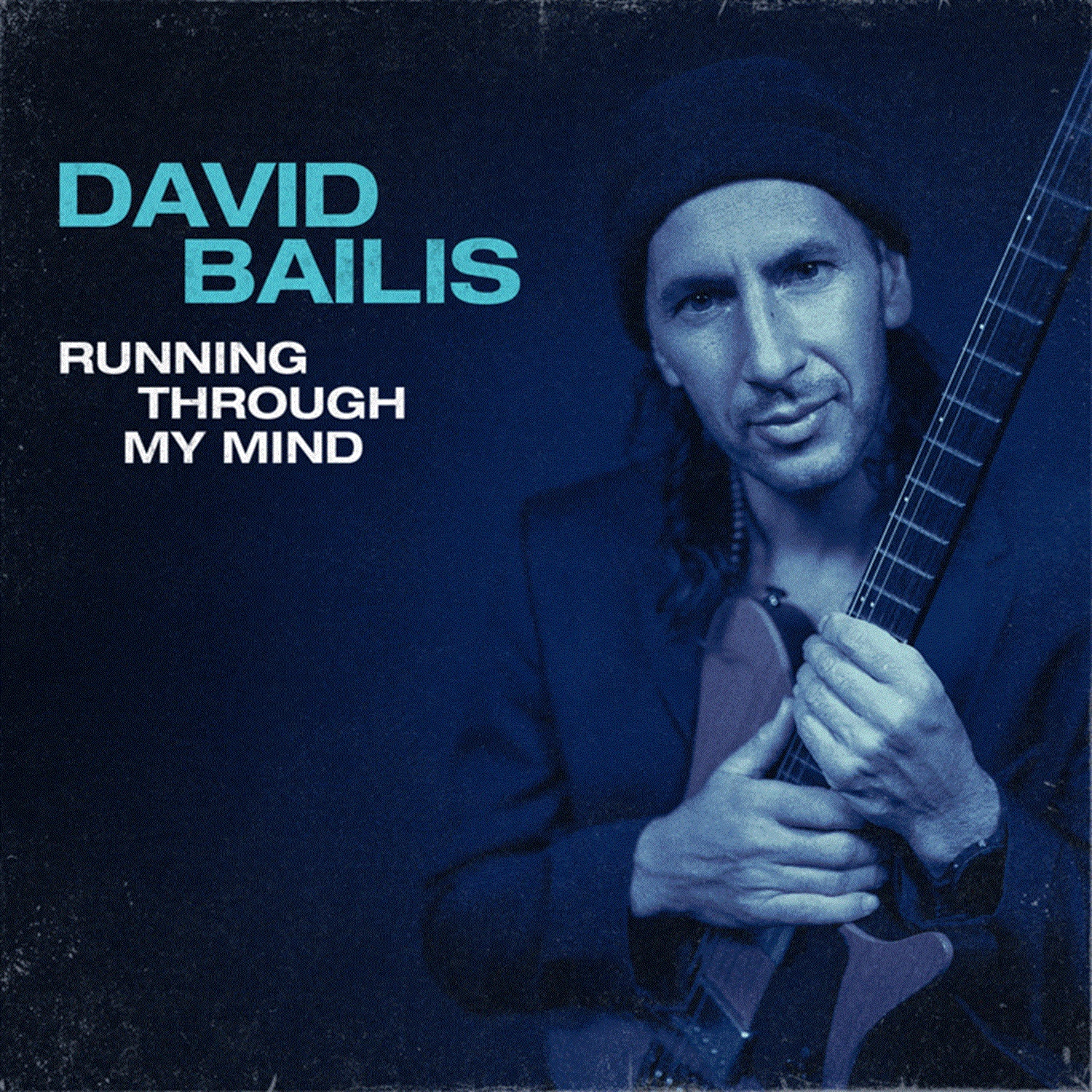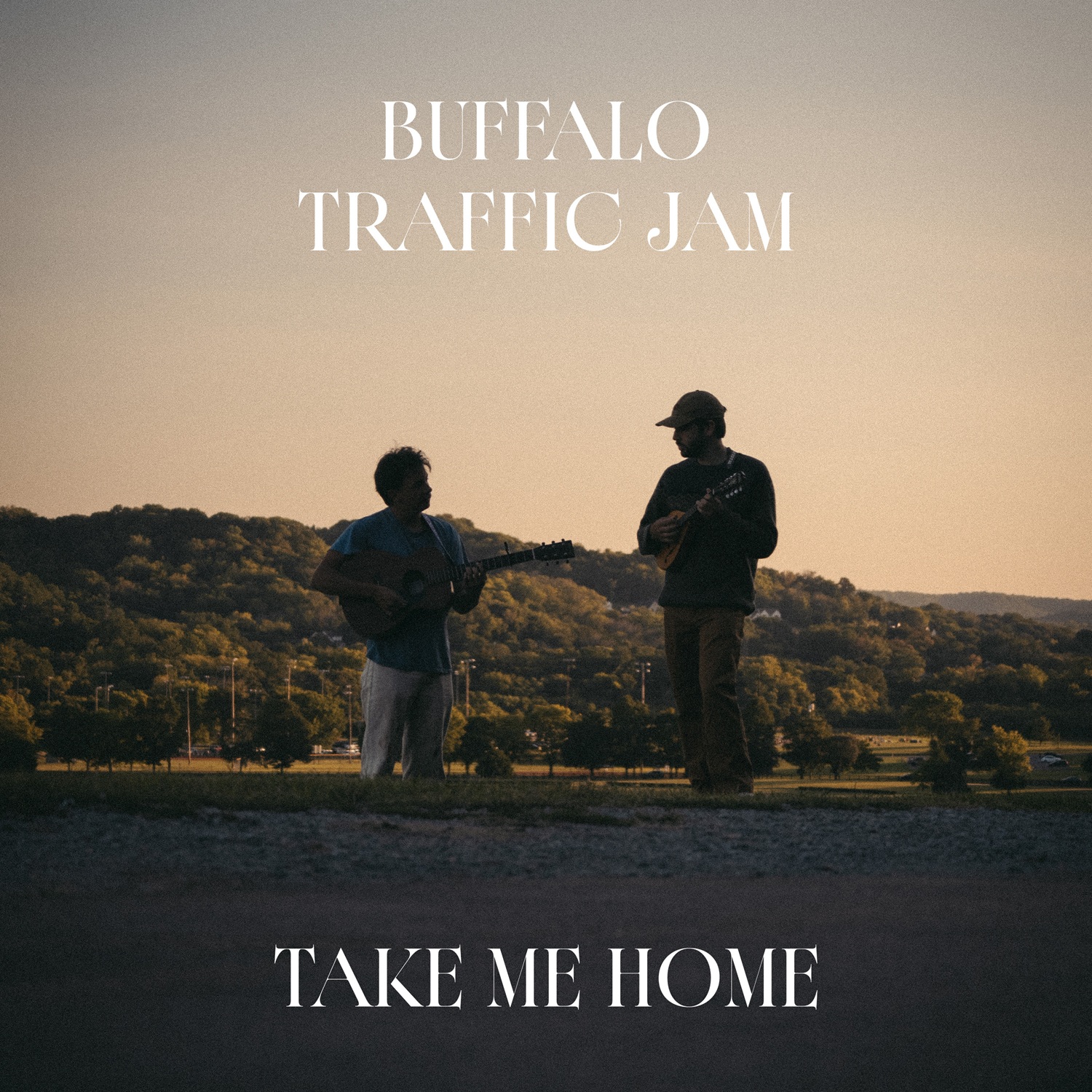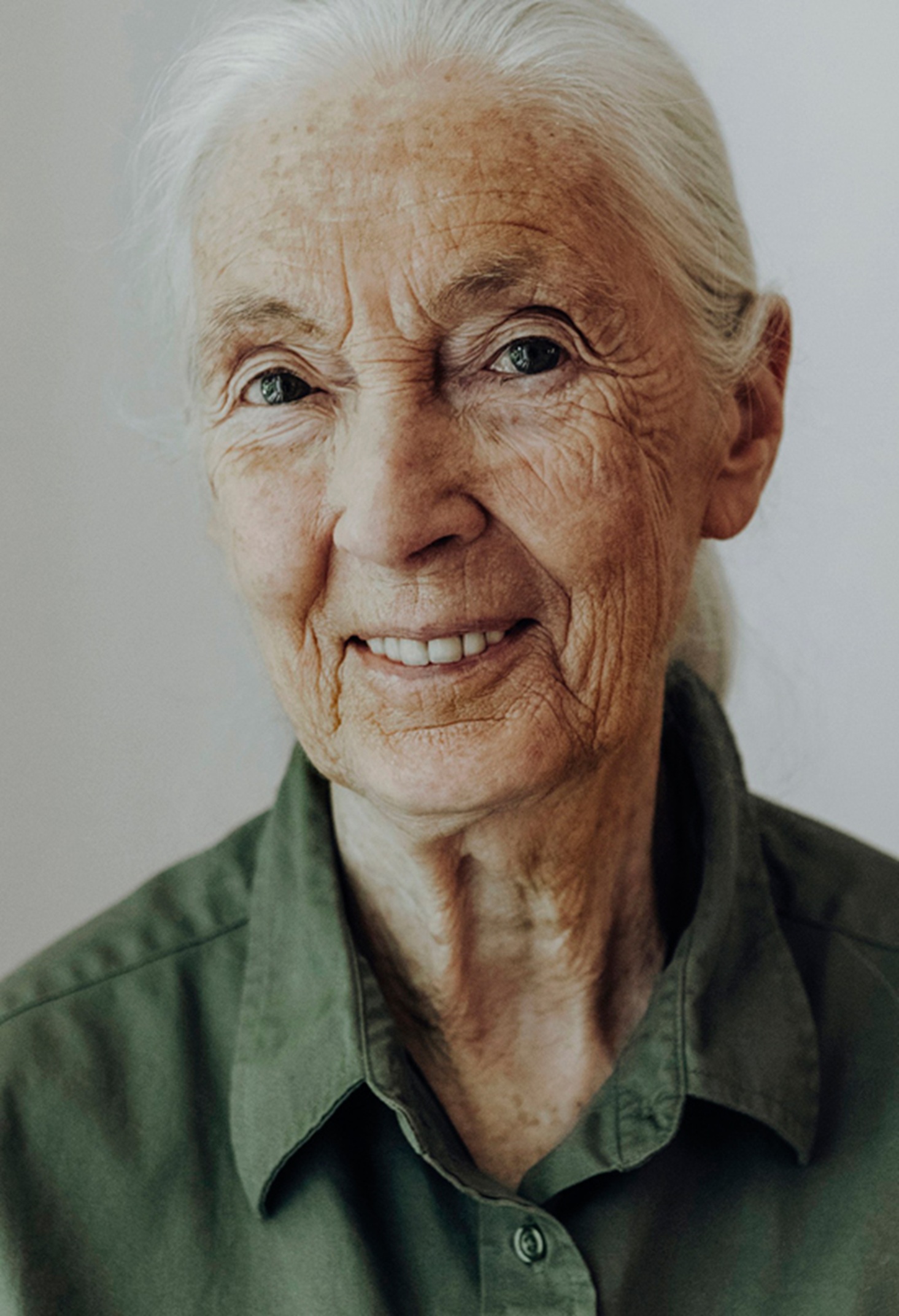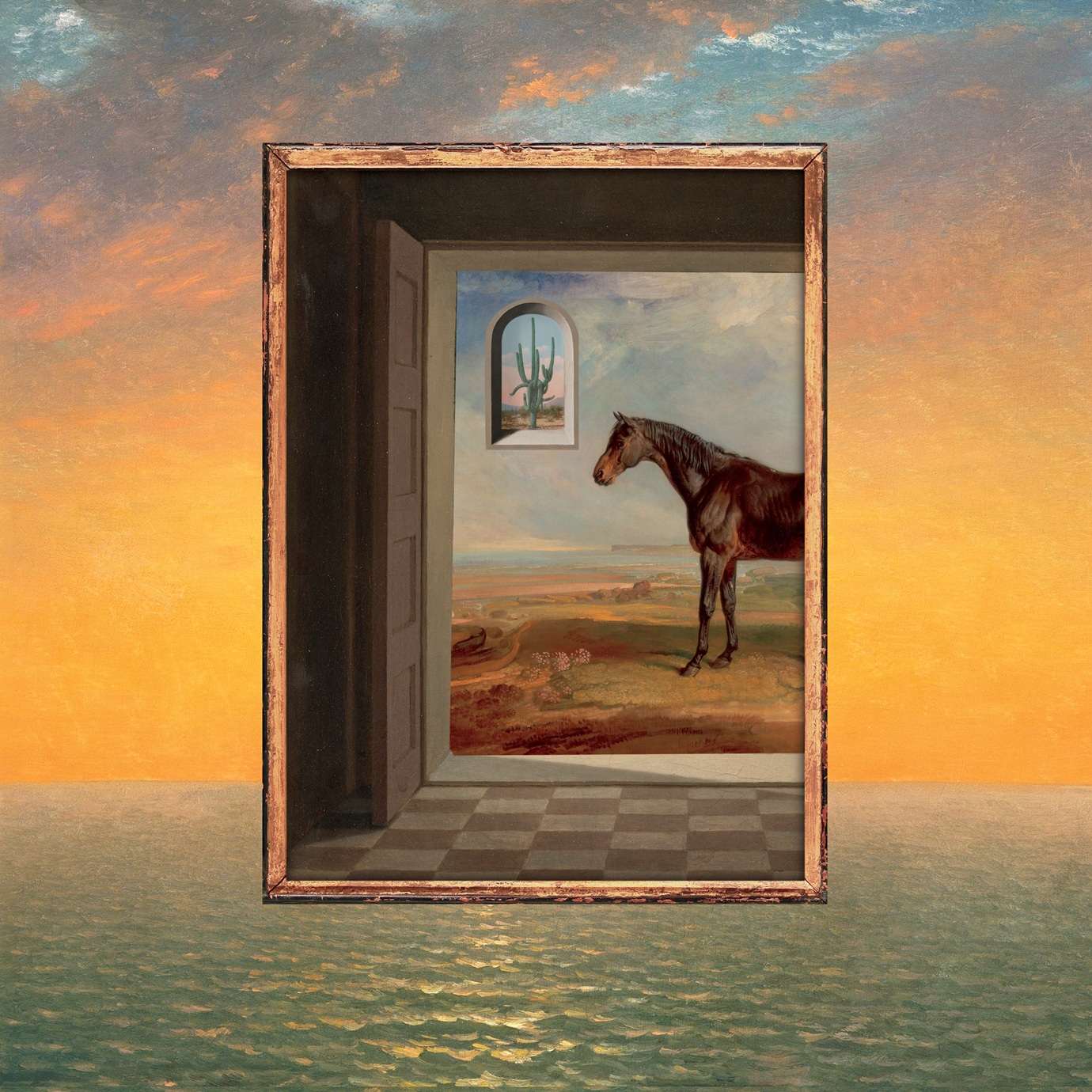Charlie Musselwhite’s new album, Look Out Highway, arrives this Friday, May 16th, capping off a six‑decade journey from the cotton fields of Mississippi to the wind‑swept stages of California. Along the way, Musselwhite has distilled the raw power of Delta blues, the gritty grooves of Chicago, and the soulful echoes of Memphis into a sound uniquely his own. In our wide‑ranging conversation, he reflects on the serendipitous beat that became the title track, the comfort of recording with his touring band for the first time, and even a family legend that landed him in Martin Scorsese’s Killers of the Flower Moon. From collaborations in Cuba to memories of sharing a bill with the Grateful Dead at the Carousel Ballroom, Musselwhite offers insights into songwriting alchemy, the evolving blues tradition, and the surprises that still fuel him after 60 years on the road.
GW: You’ve traveled a musical path that spans Mississippi, Memphis, Chicago, and California. In what ways has each region’s unique musical tradition influenced Look Out Highway and your creative process today?
Charlie: Each place shaped me. Mississippi taught me the blues at its source. Memphis gave me soul and the power of a church beat. Chicago showed me how to electrify the harp and bend sound. California opened my ears to wide horizons—folk, country, rock—so my music could breathe. Look Out Highway carries threads from them all, woven into something that’s still pure blues at heart.
GW: You’ve mentioned that the title track, “Look Out Highway,” picked you rather than the other way around. Can you tell us more about the moment that beat from a Memphis church took root in your imagination and how it shaped the entire album?
Charlie: It was many years ago and I was just walking past a Memphis church one Sunday when I heard this great beat coming from inside. The beat was so infectious it lived in my mind for a very long time because I figured someday it'd come in handy. I had some lyrics for this album and I remembered the beat and it all came together. Everything in its time.
GW: This is your first time recording an album with your longtime touring band. How did the camaraderie and familiarity you share with these musicians elevate the sessions at Greaseland Studio and Clarksdale Sound Stage?
Charlie: It made it like a walk in the park. All the band members groove together effortlessly so this whole session was as easy as falling off a log. We’re all old friends and this made it fun.
GW: Looking back to 1968 and your performance at the Carousel Ballroom with the Grateful Dead, what stands out most about that era’s musical energy, and how do you see it echoing in your live shows and recordings today?
Charlie: You know what they say: if you remember the ’60s you weren’t there. But I do remember there being great camaraderie with the Grateful Dead. Always was whether we crossed paths at the Carousel, the Fillmore or Golden Gate Park.
GW: You’ve been described as a “prolific songwriter who writes organic, compelling stories.” What’s your approach to writing a new song—do you find the story first, or does the melody or groove spark the lyrics?
Charlie: For me writing songs happens different ways. Sometimes a song just seems to show up on its own and complete, but more often I have to work at it. I’m always writing ideas down which end up on scraps of paper that I keep at home in big folders. So when I get an idea I can look through my papers and the lyrics I need will reveal themselves as I sift through all the ones I have. It’s always a bit of a mystery to me where it all comes from.
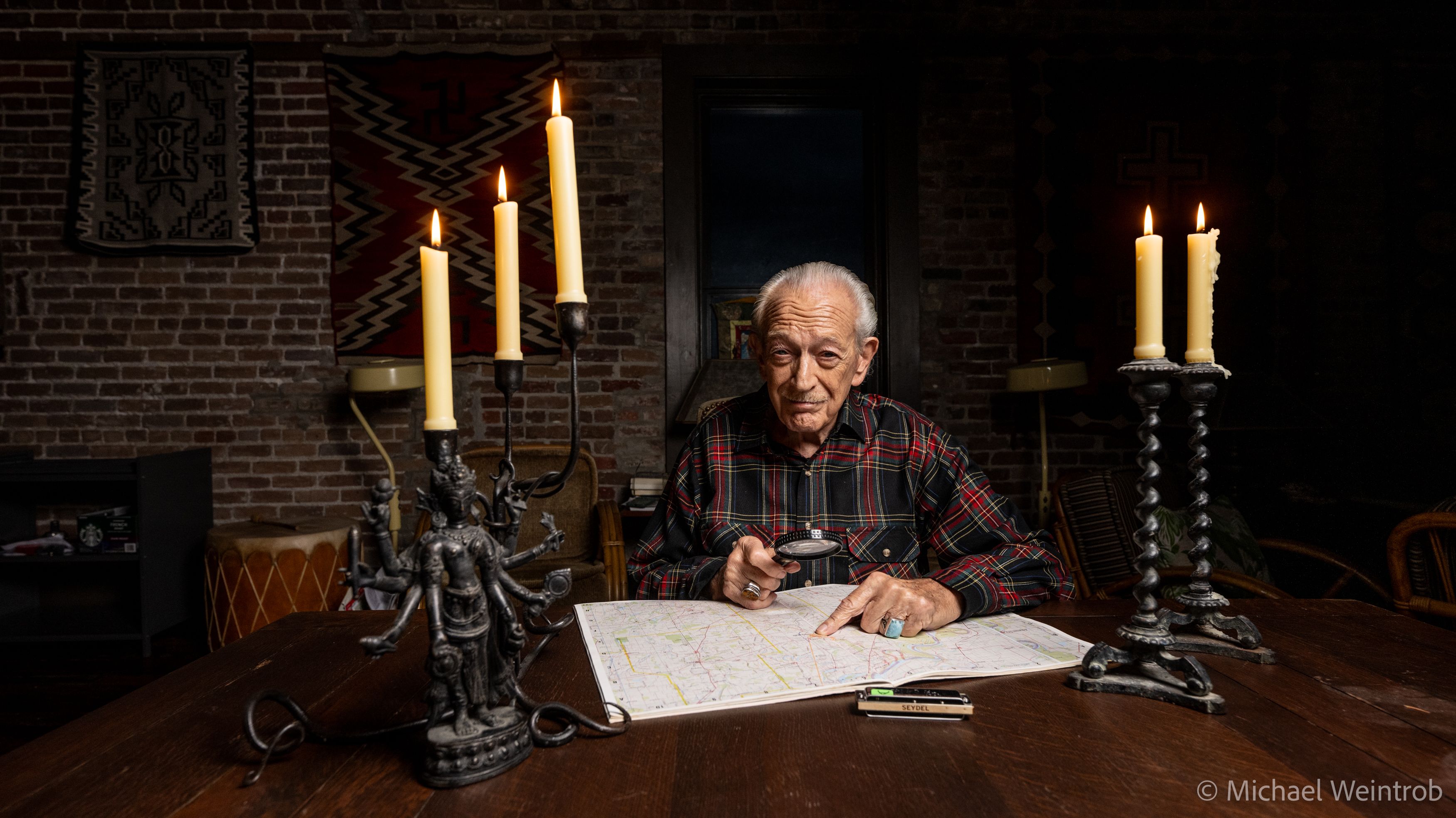
GW: You’ve inherited a lineage from legends like Little Walter, Muddy Waters, and Howlin’ Wolf. How do you balance preserving the authenticity of blues tradition while also evolving the genre for modern audiences?
Charlie: I don’t think about it too much. Long ago I realized you can’t please everybody so when it comes to music I please myself and it seems a lot of other people like what I come up with. It’s not hard to keep it in the tradition because that’s where my heart is, but at the same time I love to mix tradition with new ideas because I think the beauty of the traditional ideas make the modern ideas better.
GW: After 60 years of nonstop touring, what continues to fuel your passion for performing, and how do you keep your blues harp playing fresh and exciting for yourself night after night?
Charlie: It’s easy really because I love what I do. I’m always learning something and there’s no end to learning. One thing leads to another and it’s always at the very least interesting. I love blues and it feeds my heart and soul… it’s a real part of me.
GW: You’ve worked with an eclectic list of artists—from Ben Harper to the Kodo Drummers. Is there a particular collaboration that pushed your creative boundaries in a way you never anticipated?
Charlie: Working with Eliades Ochoa y Cuarteto Patría from Cuba was a real stretch, but so much fun. This was a perfect setting for me where I could fit my blues playing into traditional Cuban son music. I’ve remained friends with Eliades to this day and we stay in touch. I’m even on a couple of his albums. It was also great working with Cyndi Lauper and fitting my style to her rock hits like “Girls Just Want to Have Fun” and more. Cyndi is an amazing human being.
GW: Listeners often say they feel an almost cinematic quality in your music. When writing or performing, do you imagine specific places or stories in your head, or is it more about capturing a spontaneous emotional moment?
Charlie: That’s often the case: when I write lyrics I’m often describing a scene I see in my mind.
GW: With Look Out Highway about to launch, what do you hope it brings to longtime fans and newcomers to your music? And how do you see the blues continuing to evolve for the next generation?
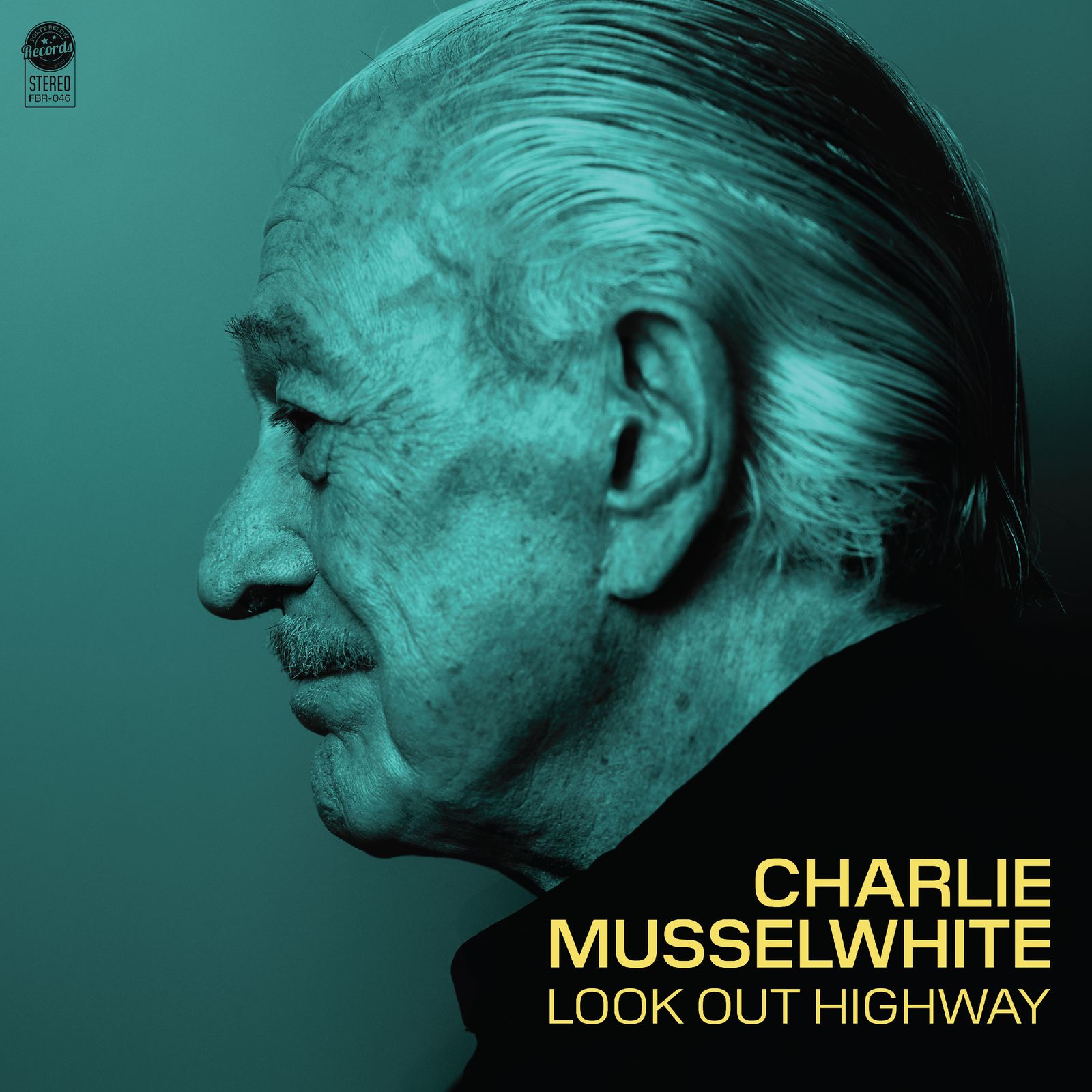
Charlie: I hope it brings joy to my fans. The next generation is in excellent hands with young Black performers like R.L. Davenport and D.K. Harrell and Jontavious Willis and plenty more.
GW: You were recently cast in Martin Scorsese’s Killers of the Flower Moon. Did working on a major film production influence your musical outlook at all? And how do you see these two creative worlds intersecting in your life?
Charlie: No, I don’t think working on the movie changed much for me musically. Learning my part was a little like learning a new song. I loved the whole thing. Plus, there’s a whole back story of a family connection to the real story. In the book the film is based on there’s a photo of a bad hombre named Al Spencer. He’s not in the movie, but I have Al’s rifle with his name and five notches carved in the stock because he died in a shoot‑out with my grandfather and my grandfather’s name was the same as mine: Charlie Musselwhite. I told Mr. Scorsese this story and he thought it was pretty amazing.
GW: Given your unique perspective on decades of blues history, what advice would you give to younger musicians who are trying to honor the past while forging their own path in today’s music scene?
Charlie: Always follow your heart. It’s that simple.
GW: When you look back on your extraordinary journey—from your debut album Stand Back! at age 22 to Look Out Highway—what are you most proud of, and what keeps you excited about what still lies ahead?
Charlie: It’s really hard to pick out what I’m most proud of because there’s so much that’s remarkable. I’m proud that my career just keeps going and going. I’m proud of winning a Grammy and playing the White House, but most of all being friends with all the great blues musicians like Muddy Waters and Little Walter and all the rest. It would make a very long list.
GW: Over the years, technology and production styles have changed dramatically. How do you feel about incorporating modern production techniques or digital elements into an inherently roots‑based genre like the blues?
Charlie: As long as it sounds good why not use modern technology. So far though it’s a mixture of things.
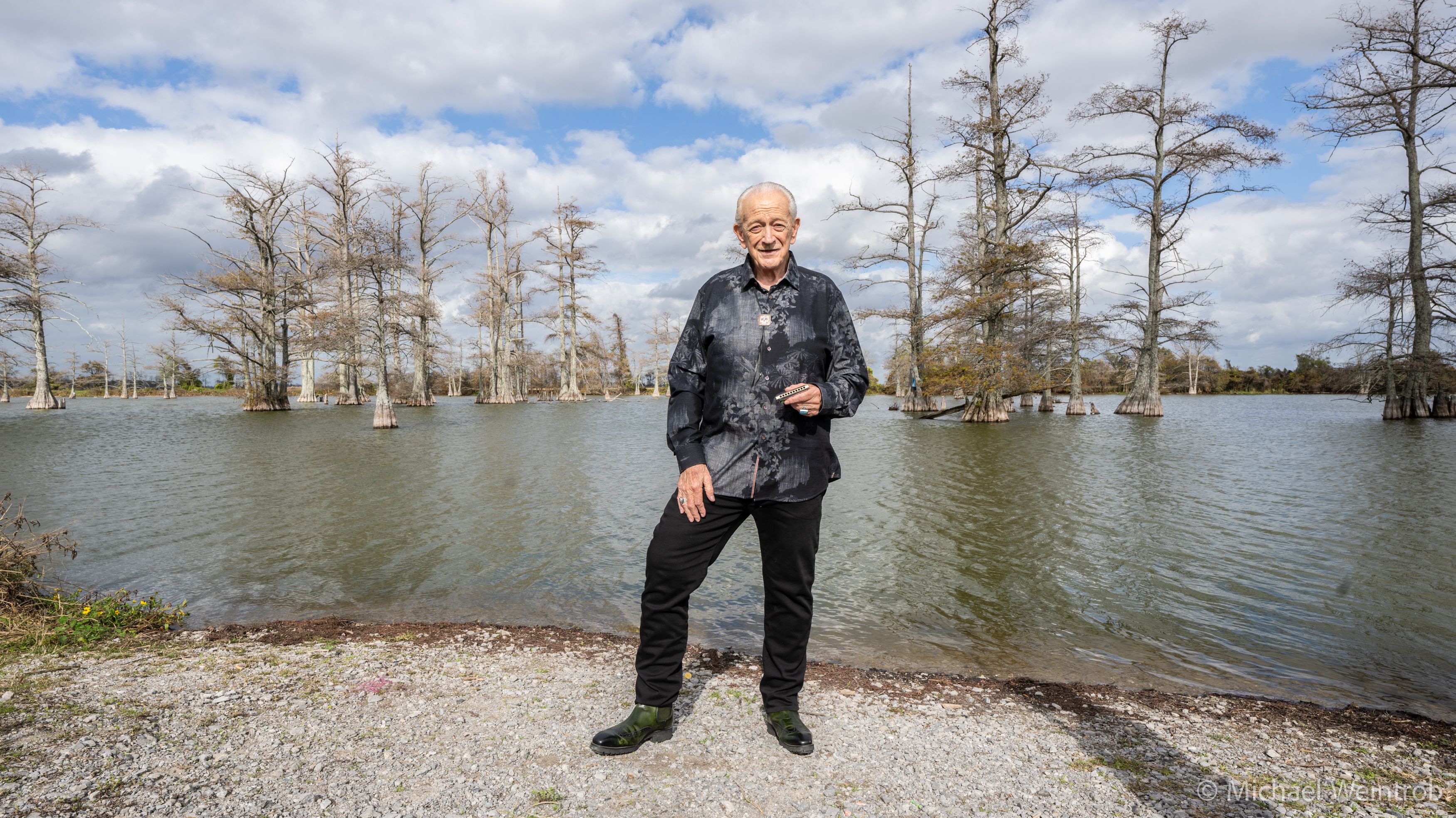
GW: Some of your songs harbor subtle social or personal observations. Do you ever intentionally set out to address bigger themes—like social justice or spirituality—or do those elements naturally weave themselves into your music?
Charlie: I don’t recall doing so intentionally, but sometimes things seem to pop up and if I feel strongly about it I’ll use it if it works musically and isn’t offensive. I call it “following the will of the music” because it seems like if you are open to it the music will take you where it wants to go.
GW: Your harp playing is as evocative as a singer’s voice for many fans. What qualities do you think the harmonica possesses that can convey emotion in ways other instruments might not?
Charlie: The harmonica is very unique in several ways. It’s the only instrument that you can’t see how to play. All other instruments use the hands in some way, but the harmonica is all covered up when it’s being played. It’s also the only instrument you actually breathe in and out of. These things make the harmonica very voice‑like and full of emotion. Sometimes when I’m soloing I feel like I’m singing without words.
GW: From your early days to the present, which artists or genres do you find yourself gravitating towards now for inspiration or sheer enjoyment? Has that changed significantly over the course of your career?
Charlie: I like a lot of different styles of music. Gospel and old hillbilly music and some types of music from around the world can move me. When I was a kid growing up in Memphis I was going around to junk stores and used furniture stores looking for old blues 78s… eventually I came to the conclusion that most every culture around the world has its music of lament. In every corner of the world I bet you can find some guy singing on a corner about “my baby left me.” It’s a worldwide phenomenon. We all have our ups and downs and the local folk music of every culture covers these situations. So discovering this music around the world is a nice adventure for me.
GW: The blues has often been romanticized as a music born from hardship and struggle. How have your personal experiences shaped how you play and sing the blues, and do you think a certain life perspective is necessary to play it authentically?
Charlie: I get this question often. I know I don’t have to be suffering from hunger to know what it must feel like. Or remember what it feels like because I have gone hungry and I have slept under bridges, but I don’t think I had to suffer to understand and sympathize with those that are suffering. If it’s true that the more one suffers the better one can play the blues then I’d rather not get any better at it. Ha ha.
GW: Looking back on your early Chicago days, were there any specific moments or words of advice from blues greats—like Little Walter or Muddy Waters—that have stuck with you and continue to guide you?
Charlie: The thing I heard the most was “play your own style.” But that’s what I always thought anyway. I don’t know where I got that idea because it seems I always felt that was the idea. You learn your instrument and play what you feel.
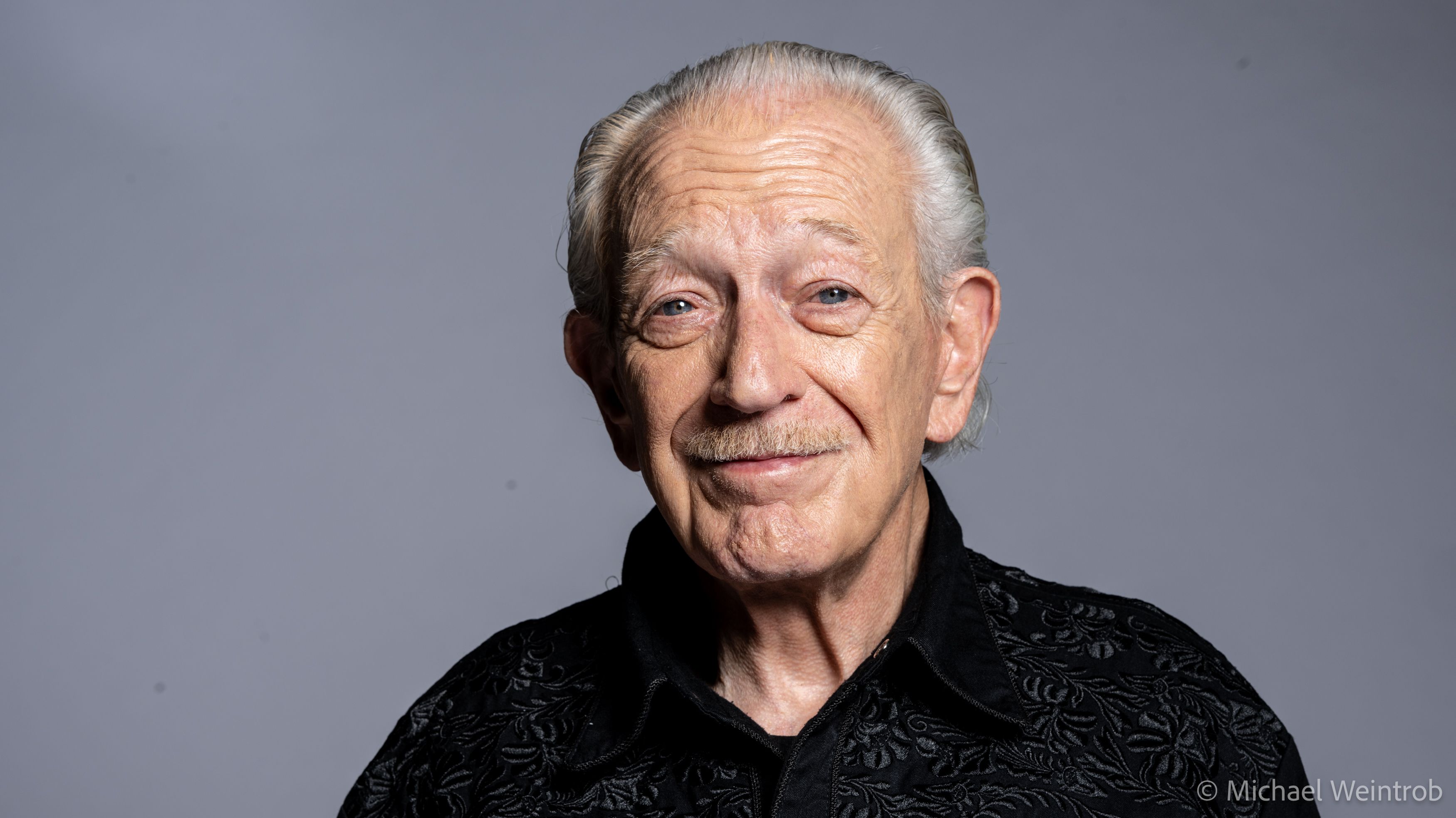
GW: Blues is such an in‑the‑moment genre. How do you capture the spontaneity and raw energy of a live performance when you’re in the more controlled environment of a recording studio?
Charlie: I think improvisation does that. If everything you play is already memorized you can still put feeling into it, but if you are improvising that seems to come straight from the heart and if you’re playing straight from the heart you can’t help but tell the truth in your music.
GW: Having lived through multiple waves of cultural and musical revolutions—from the ’60s counterculture to the digital era—what major shifts in the music industry stand out the most to you, for better or worse?
Charlie: I remember what it was like when I started out compared to what it’s like today. When I started out blues was really underground compared to all other music. There were no books on blues; today there are tons of books on blues. None of these things existed: blues magazines, blues societies, blues festivals, blues cruises, blues videos, blues on YouTube… and there’s endless ways to learn with DVDs, videos, YouTube lessons, etc. When I started out I was either learning directly from other musicians or from the few records I could find.
GW: You also play guitar alongside harmonica and vocals. How does switching between instruments affect your creative flow? Do you ever hear a phrase on the harp that begs to be played on guitar, or vice versa?
Charlie: Sometimes it’s easier to figure something out on guitar than harmonica probably because you can actually see the fretboard and experiment. I like to get ideas from all other instruments. I love melodies and when I hear a riff or melody appealing on say saxophone or a violin it’s a fun challenge to see how that riff or melody will fit on the harmonica.
GW: Even with such a storied past, do you have any unfulfilled creative ambitions—perhaps a dream collaboration or a genre you’ve yet to explore—that still gets you excited for the future?
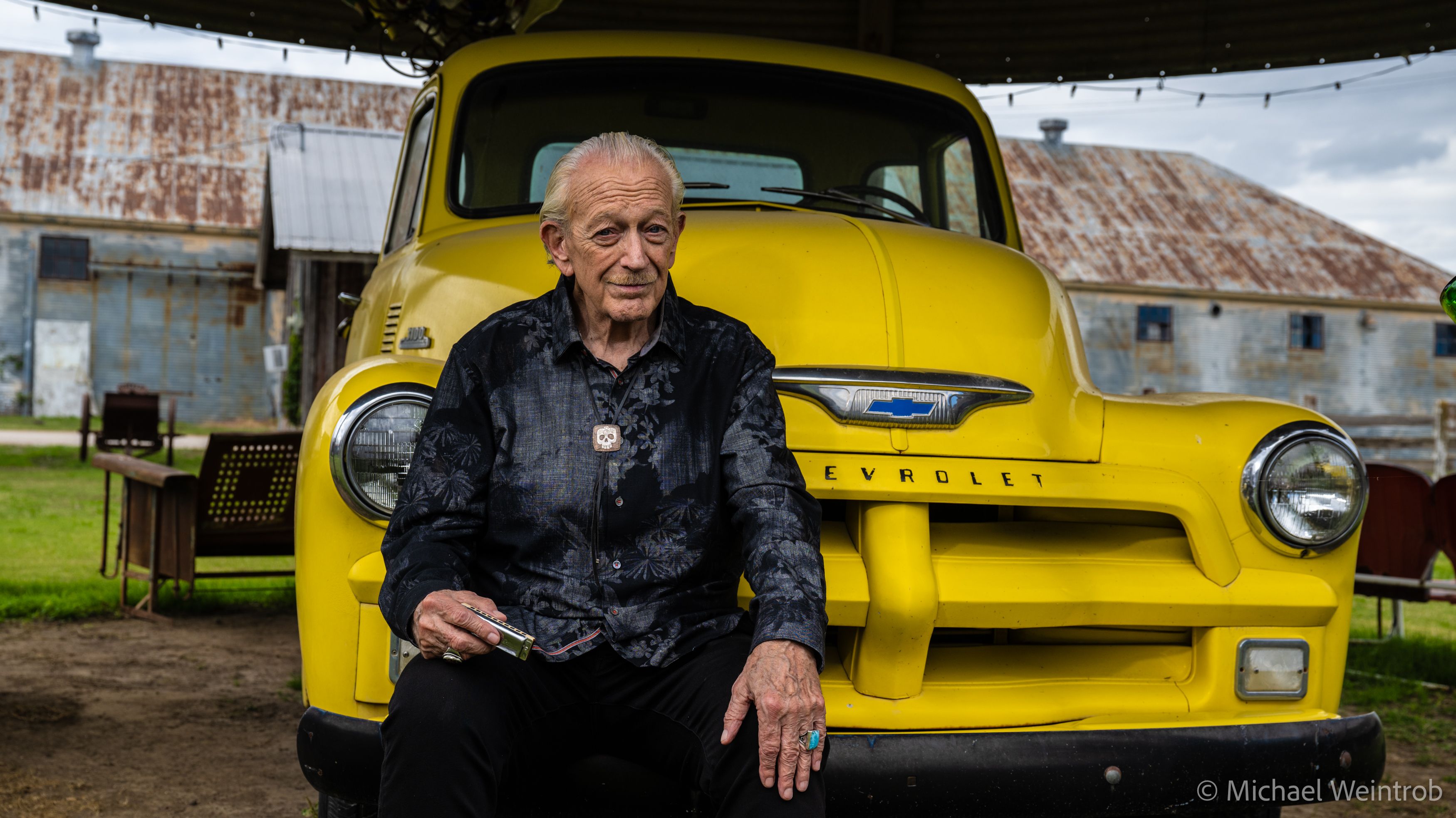
Charlie: I’ve played all around the world, but not everywhere yet and it'd be nice to have played the blues in obscure places like Tibet or the Amazon rainforest or the Moon. I’m probably never going to the Moon, but I did get to play the blues on the Great Wall of China. I loved that! It’s often a fun challenge to play with someone from another genre and see how I can add to what is being done. There have been a couple of occasions where I was invited to add harmonica to a situation and had to admit that I didn’t hear how harmonica or anything else needed to be added because I thought it was already great the way it was. If I could go back in time I'd love to visit Charlie Patton in his prime on a Saturday night on the Dockery Plantation. That would be tremendous!
Whether you’re a lifelong blues devotee or just discovering its raw power, Charlie Musselwhite’s Look Out Highway promises to deliver timeless grooves, personal stories, and musical moments that bridge past and present. Preorder or stream the album on May 16th, and join Charlie as he continues to blaze new trails down America’s legendary highways.





